This section is for paid subscribers only. Our subscription is only $3700/- for one full year.
You get unlimited access to all paid section and features on the website with this subscription.
Subscribe to read full article
This section is for paid subscribers only. Our subscription is only $37/- for one full year.
You get unlimited access to all paid section and features on the website with this subscription.
Not ready for a full subscription?
You can access this article for $2, and have it saved to your account for one year.
- FormatB-W
- LanguageHindi
- Run Time82 min
- Length3413.75 meters
- Number of Reels13
- Gauge35 mm
- Censor RatingU
- Censor Certificate Number60087
- Certificate Date31/12/1969
- Shooting LocationAgra
SARA AKASH (The big sky) deals with the social conditions of a typical lower middle class family of Northern India. In the changing face of the country, old values come into conflict with the new ideas and freedom. Tossed between such a turmoil is the hero of the film Samar, stepping into manhood with all the immaturity of an adolescent. He is about 19, studying in college. He belongs to a joint family and lives in the old-world ancestral home with his retired father, old mother, elder brother, his wife, a married younger sister and a younger brother.
Samar's association in his college and outside has made him to believe that every young man must do 'something' in his life and to attain that 'something' marriage is a great stumbling block. He, however, has to face a completely different sets of values in his home as everybody is now keen to get Samar married, particularly Samar's authoritative father who is looking forward to a dowry to ward off the loan he took at the time of Samar's sister's marriage.
So, inspite of his protests, Samar gets married to Prabha, a girl just passed matriculation. Their married life starts disastrously. On the very first night he feels insulted and without exchanging a word, walks out of the 'nuptial room' and sleeps alone on the bare roof.
Samar's sister-in-law (Bhabi) though outwardly concerned, feels secretly happy of the rift due to her natural jealousy towards a more beautiful and educated girl. Her schemes, coupled with Samar's own immaturity of feelings, continue the rift between the newly-weds. Soon Prabha goes away to her parents.
Samar determines to forget the marriage and Prabha and devotes his time to his studies and ideals. He however finds it difficult. His life is not the same. He feels a void and the absence of Prabha. Months pass. Samar now feels that probably he was all wrong in his attitude towards his wife. . After four months Prabha comes back. Samar is full of hope and determines to make amends. It however doesn't work. Their rift continues.
Samar once again determines to remain aloof from Prabha and devotes his time and energy to his studies. Prabha has no choice but to plunge herself into the household work to forget her peculiar predicament in the hostile house. Weeks pass. Bhabi delivers a child. Prabha has now much more work to do and remains mostly confined to the kitchen. On the day of the religious ceremony to baptise the new-born child, Prabha does the indiscretion of using the clay symbolising the holy deity for cleaning dirty utensils. Mother and sister-in-law raise a hue and cry and Samar, in a huff, slaps Prabha hard and abuses her in front of everybody — his first words to his wife!
Samar however feels penitent for his behaviour. This was not in tune with his ideals of a new education. He could not face Phabha and avoids her. His final examinations come near. He goes to his friend for studies. His examinations are soon over. There is now nothing to do.
Prabha starts haunting him again... He notices her doing all the work at home silently. He comes to realise that nobody bothers about their strange relationship all are selfish in their own ways and Prabha, his wife, is suffering the consequences. He realises his own hasty and foolish treatment of his wife... and then comes reconciliation suddenly and dramatically.
(From the official press booklet)
Cast
-
Rakesh
Samar Thakur -
Tarla Mehta
Bhabi -
Mani Kaul
Elder brother -
Jalal Agha
Diwakar -
Madhu Chakravarty
Prabha S Thakur -
Nandita Thakur
Munni -
A K Hangal
Father -
Arti Bole
Diwakar's wife -
Om Prakash Gautam
Munni's husband
Crew
-
BannerCine Eye Films, Bombay
-
Director
-
Producer
-
Music Director
-
Story Writer
-
Screenplay
-
Dialogues
-
Cinematography
-
Editing
-
Sound Recording/ Audiography
-
Art Director/Production Design
-
Production Controller
-
Costumes
-
Make-up
-
Re-recordist/ Sound Mixing
-
Laboratory/ Processed atBombay Film Labs P. Ltd.
-
Stills








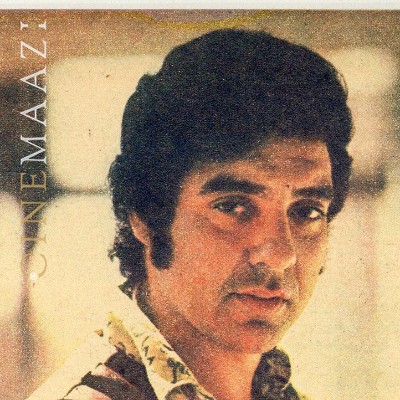
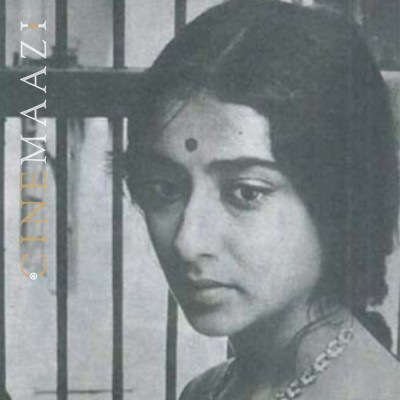
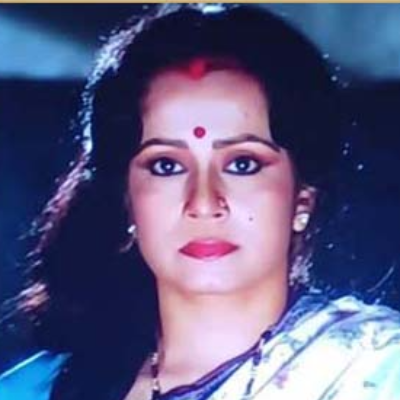
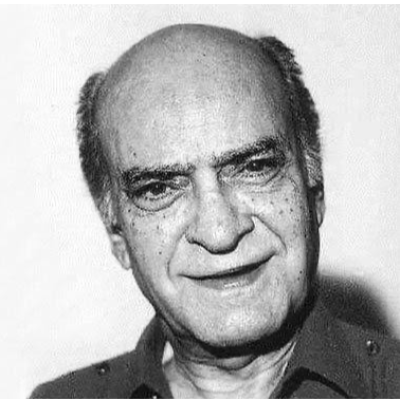

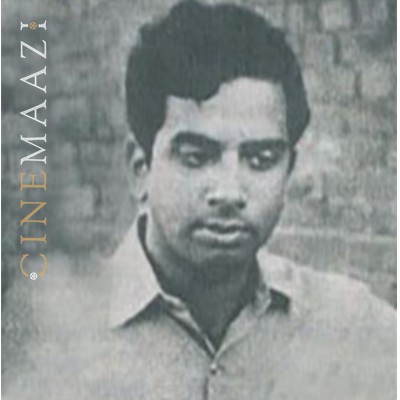

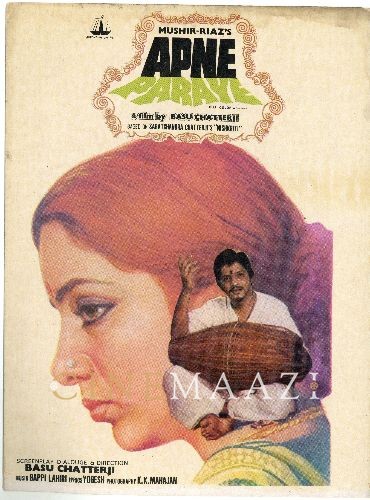
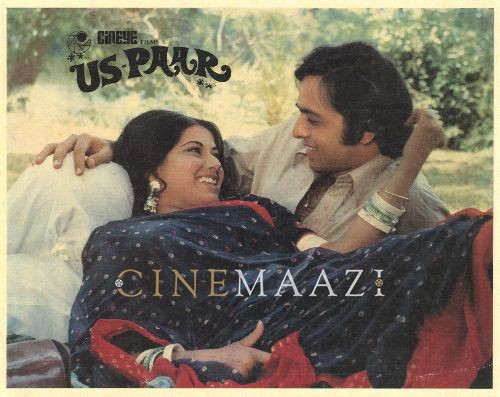

.jpg)



